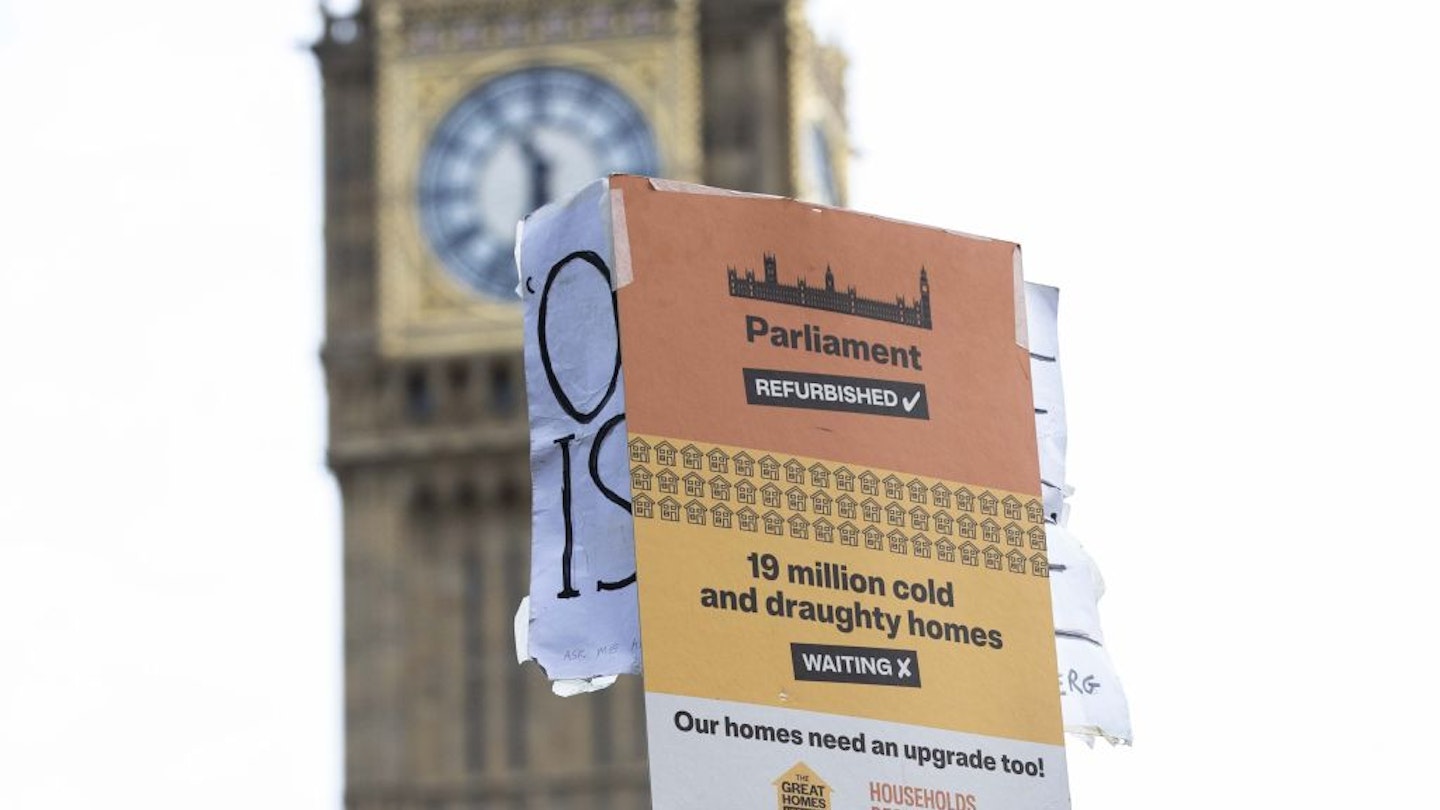After an unseasonably warm autumn which saw 2022 remain on track to be the UK’s hottest year on record, December made itself known last week with temperatures plummeting to single digits basically overnight.
And chances are, you’ll have found yourself in one of two camps: Camp Stuff-It-Let’s-Turn-On-The-Heating, and theI-Don’t-Care-How-Cold-It-Is-Those-Radiators-Will-Gather-Dust-This-Year Camp. But while it might be saving you money to cut heating your home out of your energy bills this winter, there may come a time when the decision of whether or not to turn on your heating could cost you more than just the increase in energy prices in the current cost of living crisis. Mould, frozen pipes and various health complication are all associated with poor insulation and cold homes, and with many already being forced to choose between eating and heating this winter, the last thing any of us need is last minute costs of fixing a boiler or calling a plumber out.
So when is turning the heating on a better idea, economically, than turning it off?
‘Pipes freezing, mould and fungal growth and condensation can have costly and serious health implications to residents,’ Sophie Gilmore, managing director of HybridTec, one of the country’s leading utilities training providers, tells Grazia. ‘Frozen pipes can burst causing flooding, which is an immediate, costly short-term issue. However, flooding and water damage can also damage the fabric of a building and electrical systems leading to ongoing repair costs, and in extreme cases, can require significant renovations to repair.
‘Uninsulated pipes can freeze before temperatures drop to 0 degrees, while insulated pipes can withstand colder temperatures more effectively,’ Sophie The risk of pipes bursting is greatest at temperatures -6 degrees and below, however, effective insulation and in-built boiler frost protection (which will turn the heating on when the temperature inside the home drops below a certain level) can prevent this.’
Mould is another household problem which can be difficult to control in the colder months, with stories of people – particularly children and elderly people – suffering health complications due to the spread of black mould rife in the news at the moment.
‘Mould can grow at room temperature; the area does not specifically need to be cold in order for mould to grow,’ says Sophie. ‘However, the World Health Organisation recommends that rooms should be heated between 18 and 21 degrees to help prevent the growth of mould and fungus.
‘Adequate ventilation, such as clear air bricks and mechanical extractor fans to minimise accumulation of condensation, can actually be the most important factor in preventing mould.’
And it’s not just the structural integrity of your home that could be at risk by keeping the dial set to zero.
‘Not turning the heating on can be detrimental to health particularly for those who are more vulnerable due to an underlying health issue or old age,’ says Dr Jay Verma, a GP practicing in North West London.
‘Conditions such as Chronic obstructive pulmonary disease (COPD) and asthma can be exacerbated by cold homes and respiratory infections like flu and COVID-19 can be worsened by the cold.’
Ultimately, while you might be feeling the pinch heating your home this year, if you’ve got the option to do so, turning on the radiators and keeping your plumbing good working condition is likely to save you money in the long run. According to Sophie, a good central heating and insulation system can cost somewhere in the region of one to two thousand pounds, but if yours is in good working order, using it over the winter could be the best way of saving you cash and avoiding having to splash out on repairs, while damage from burst pipes, flooding and mould or fungal growth could ‘escalate very quickly into the tens of thousands.’
Sophie also notes, 'If you have an economy 7 tariff, electricity is cheapest in the early hours of the morning, however you would require storage heaters to reap the benefits of any savings by heating water and heaters at these times.'
